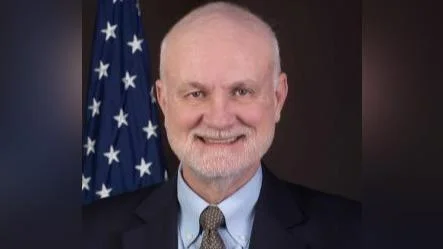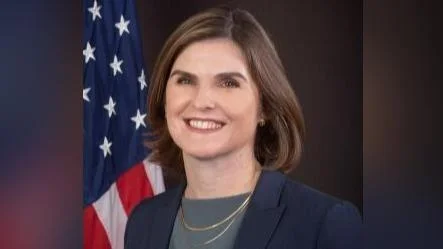The Catholic University of America in Washington has initiated a program aimed at encouraging dialogue between academia, religion, and the tech industry. The new Cluny Institute plans to host events, retreats, and create multimedia projects as part of its mission.
Luke Burgis, the founder of the institute and an associate professor at Catholic University, highlighted the existing lack of communication among leaders from these sectors. "Everything seems very fragmented," Burgis noted. He emphasized that many religious organizations operate in isolation from other groups.
The institute takes inspiration from Cluny Abbey in France, known for integrating religion, technology, and philosophy. Burgis pointed out that Cluny Abbey's independence allowed it to focus on spiritual life and renewal. "The Abbey of Cluny became the center of intellectual life," he stated.
To replicate this model, the Cluny Institute is structured around four pillars: media, education, grant-making, and "Cluny encounters." These encounters are designed to bring together individuals who typically would not interact with each other.
"The encounters are events...we are trying to get people that normally wouldn’t be at the same table at the same table," said Burgis. Themes like generative AI or discussions about knowledge serve as focal points for these gatherings.
The Templeton Foundation awarded a $2.5 million grant to support these efforts. The funding will help develop staff for their online journal—Cluny Journal—and facilitate retreats and events. According to Burgis, "In the online journal...you’re going to find things that prompt people to ask existential questions."
In October, an encounter night was held in Rome featuring Bishop Robert E. Barron among others. Such evenings aim to provoke deeper contemplation on controversial issues.
Burgis articulated a vision where entrepreneurship plays a crucial role within the church’s engagement with society. He described entrepreneurship as finding creative solutions beyond mere economic value.
"Entrepreneurship is an expression of creativity — we’re all called to be creators," he remarked.
Through various initiatives like its journal and encounter nights, Burgis envisions the institute aiding church interaction with broader cultural dynamics rather than retreating from them.
"We have to be involved in culture," he insisted. Reflecting on historical monastic advice he added: "Today...we always have to go out and do something to engage culture."
For more details about the Cluny Institute's activities visit cluny.org.
Jack Figge reports for OSV News from Kansas.
 Alerts Sign-up
Alerts Sign-up





